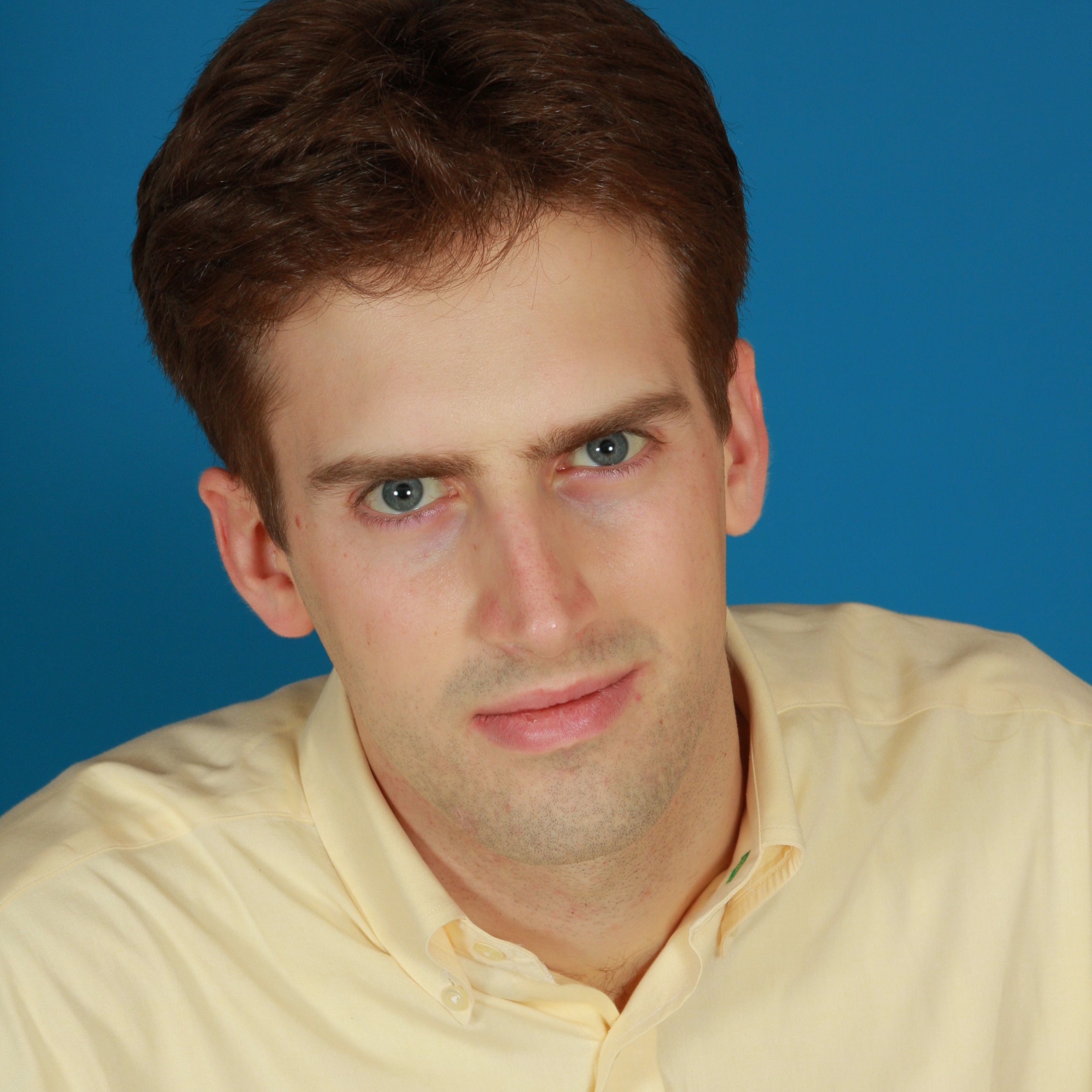SJDI Staff Interview #10: Scott Wheeler
Our tenth and final staff interview features Scott Wheeler. Scott is the Director of Debate at Peninsula High School. His students have won St. Marks, Lexington, Stanford, CPS, Blake, Emory, and Loyola in LD and Greenhill, St. Marks, MBA, Berkeley, and NSDA Nationals (twice) in Policy. Scott has a BS in Communication from Northwestern and is an MA candidate in Pepperdine’s College of Communication. Hear about his coaching style, advice for students, and thoughts on our Focus Session in the following interview!

You taught SJDI’s second lab this year. What was your favorite part of lab last year? What are you most looking forward to teaching our Focus Session?
It was interesting because the students were quite technically proficient and advanced in a lot of ways. They misunderstood or lacked full understanding of some concepts, though, which differentiated them from the top lab students. For rebuttals especially, they would sometimes go through the motions and/or advance positions that weren’t always the most relevant or strategic. It threw me a bit because LD strategies are so focused and positional anyway. It’s always surprising when people take prep for the 1NC or seem to have not thought about the counterplan status before cross-ex (debaters will say it’s unconditional when that’s just not how the 1NC is put together). In policy there are always a lot of moving parts and it’s easy to make the wrong decision but in LD it’s often quite obvious what to go for and most of the strategic decisions are really made pre-round. The students in my lab caught on remarkably fast though and improved a lot in a short amount of time. They had clearly put a lot of time and effort into debate and were very motivated, they had just been given some bad advice along the way, or had emulated some debaters with bad habits or poor strategic vision.
What is your coaching philosophy? What major debate concepts do you think students most need improvement on and what is your process for teaching these concepts?
You really have to give your opponents credit and try to understand and answer their arguments. There’s too much of an emphasis on “up-layering” and reading an interp or some kind of theoretical framework to avoid clash. Too many students ask “where’s the magic card I can find to ignore everything my opponent has to say?” Unfortunately, these strategies are often effective in the short-term, especially at tournaments that have a fair number of debaters who don’t regularly compete on the national circuit. Students are better off putting in the work for long-term success or they’ll never get past the bubble round/doubles stage.
What advice would you give to young debaters trying to improve?
Go to as many tournaments as possible. Watch outrounds you aren’t in and flow and listen to decisions. Watch the round and decision of the flight you’re not in, especially if you’re flight B and about to have the same judge. Watch rounds online. Do speaking drills because that’s a very easy area to improve on. Follow the wiki regularly and read the major articles people are reading. Among two technically proficient debaters, the winner of the debate is likely the winner of a dinner table argument—the one who knows more about the subject.
What are you most looking forward to about teaching at SJDI?
Seeing former students who are now lab leaders and campers from last year to see how they’ve improved.
Time for a fun one. If you could pick one celebrity to be your debate partner, who would it be and what arguments would you go for?
Anthony Kennedy. We’d go for court politics. We could also read a courts aff and force our opponents to read court politics. He could answer it by saying he wouldn’t switch his vote, or that it had already been ruled on and we’d see in June.
Sign up to learn from Scott and other top coaches this summer.
